Description
This versatile black elastic cord delivers exceptional value for homeschooling families who love hands-on learning activities. At 1/16″ thick, the cord strikes the perfect balance between durability and ease of use, making it ideal for children of all ages to handle confidently. Unlike thin fishing line that can be frustrating for small fingers, this elastic cord knots easily and threads through most standard beads without difficulty.
The generous 100-yard spool (300 feet total) provides enough material for countless projects throughout the school year. The black color offers practical advantages, hiding wear and dirt while complementing any bead color combination. Beyond basic beading, this elastic cord serves multiple educational purposes including hanging displays, securing materials, and various craft applications.
The cord’s thickness makes it particularly well-suited for beginning crafters who are still developing fine motor skills. Parents appreciate how manageable the material feels in children’s hands, reducing frustration and encouraging independent creativity. This elastic maintains its stretch and strength through regular use, making it a reliable addition to any homeschool craft supply collection.
How Homeschoolers Can Use This Product
Educational Benefits
This beading elastic supports fine motor skill development while reinforcing academic concepts across multiple subjects. Children practice hand-eye coordination, bilateral coordination, and precise finger movements while creating functional items they can actually wear or give as gifts. The repetitive nature of beading helps develop focus and concentration skills that transfer to other learning activities.
Cross-Curricular Activities
Mathematics: Create pattern sequences, practice counting and skip counting, explore symmetry, and work with measurement concepts. Children can count beads, create ABAB or ABCABC patterns, and measure finished pieces.
History and Culture: Research traditional jewelry from different time periods and cultures, then recreate simplified versions. Study ancient Egyptian collar necklaces, Native American beadwork patterns, or Victorian mourning jewelry while making age-appropriate versions.
Science: Explore concepts of elasticity, tension, and materials science. Discuss why elastic works for jewelry while rigid materials do not. Experiment with weight limits by gradually adding beads to test the cord’s strength.
Geography: Create jewelry inspired by different countries or regions while studying those areas. Make African trade bead necklaces, Scandinavian-inspired designs, or South American patterns.
Practical Project Ideas
Set up beading stations for multiple children during co-op classes or group learning sessions. The generous yardage allows each child to complete their own project without running short on materials. Create seasonal jewelry for holidays, birthdays gifts for family members, or friendship bracelets for pen pals.
Use the elastic for non-jewelry projects like hanging educational displays, creating moveable book marks, or securing rolled artwork. The black color works well for hanging science fair displays or geography maps without drawing attention away from the content.
Lesson Extensions
Incorporate beading into literature studies by creating jewelry that characters might have worn. Design Roman togas accessories while reading historical fiction, or make pioneer-era simple jewelry during American history units.
Extend art lessons by discussing color theory through bead selection, or explore cultural art forms by researching traditional beadwork techniques from around the world.
Practical Tips
Store beads in organized containers by color or size to make selection easier during projects. Pre-cut elastic lengths for younger children to prevent waste and tangling. Create simple pattern cards with drawings or photos to guide beginning beaders through their first projects.
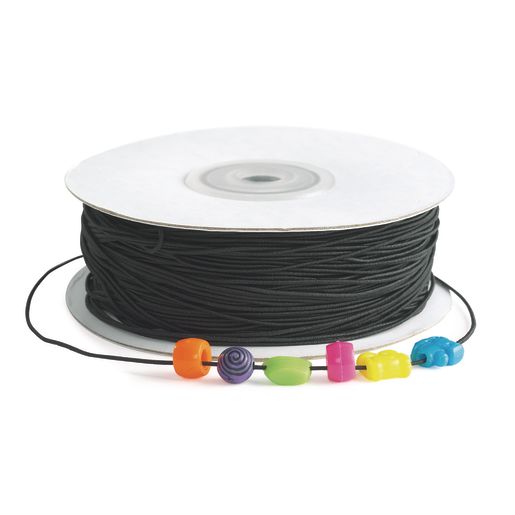
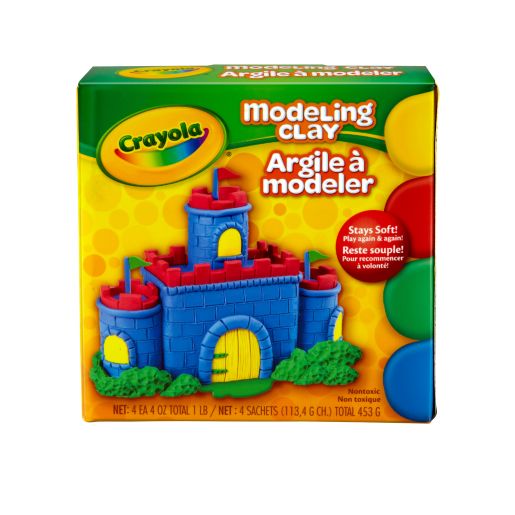
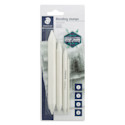
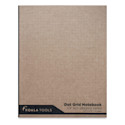
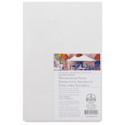
Reviews
There are no reviews yet.